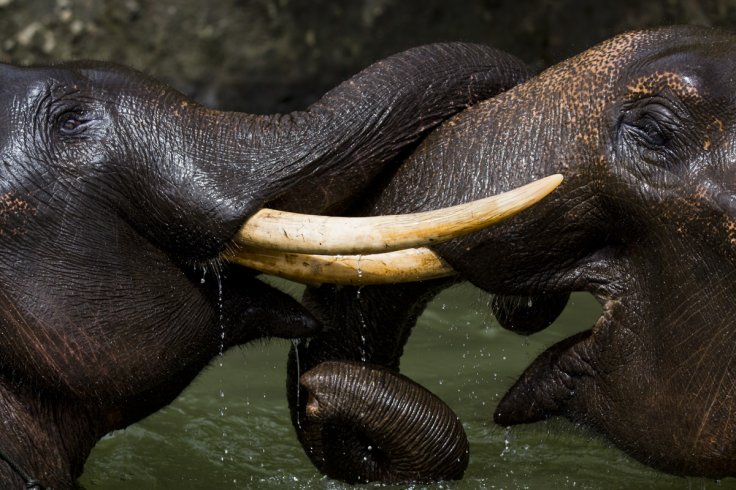According to environmental groups, a record high of elephants passed away in the year 2019. The numbers say that around 361 elephants died in Sri Lanka, which is an alarming number.
The country is said to have around 7,500 wild elephants. This number is the highest since the country gained its independence in 1948. Reports in BBC say that killing them is illegal but the animals are often seen to be coming into conflict with the rural communities. Elephants are revered in Sri Lanka but some farmers view them as pests.
Sajeewa Chamikara, an environmentalist from the Movement for Land and Agricultural Reform, told the BBC that some 85 per cent of elephant deaths last year may have been caused by human activity.

Elephants being harmed by the farmers
Chamikara said communities had used electric fences, poison and explosives concealed as food to kill the animals.
In September, officials said they suspected seven elephants found dead in a reserve were poisoned by local residents for destroying crops.
An earlier BBC report had said that the expansion of villages and farms in Sri Lanka has contributed to dwindling supplies of food and water for the animals.
Officials have promised to work to resolve the conflict by putting fences between elephant habitats and rural communities.
But Chamikara said the government needed to do more to improve the quality of protected areas, such as tackling the issue of invasive plants which grow over grasslands that feed the elephants.
"Our development plan is not eco-friendly. We need a sustainable development plan," he said.
Trains were also responsible for killing some wild elephants during their migration. Others die of natural causes, he told the BBC.
Dozens of elephants are kept in captivity in Sri Lanka to raise income from tourists, while others are forced to march at local festivals.
(With agency inputs)









